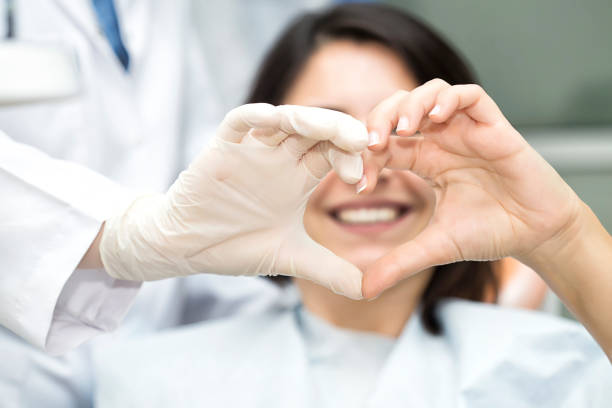Oral hygiene is an important part of good health. It is important to practice good oral hygiene habits to keep your teeth and gums healthy. Dentitoxpro.com.
There are a few basic things that you can do to maintain good oral hygiene: brush your teeth at least twice a day, floss every day, use mouthwash regularly, and avoid smoking and eating tobacco.
Oral hygiene is very important. Not only does it help keep your teeth clean and healthy, but it also helps to prevent cavities and bad breath.
What Are The Benefits Of Oral Hygiene?
There are many benefits to oral hygiene, including reducing the risk of tooth decay and gum disease, preventing bad breath, and improving overall oral health.
Some of the most important benefits of oral hygiene include:
- Reducing the risk of tooth decay and gum disease.
- Preventing bad breath.
- Improving overall oral health.
- Saving time and money on dental bills.
- Enjoying a healthy smile!
How Do I Brush My Teeth Correctly?
If you are looking to maintain good oral hygiene, brushing your teeth correctly is key.
Here are six tips to help you get started.
- First, brush your front and back teeth together for two minutes at least twice a day.
- Second, use a soft-bristled toothbrush that is long enough to reach all of your teeth.
- Third, brush in circular or back-and-forth motions across all of your teeth surfaces.
- Fourth, use fluoride toothpaste and make sure to brush it into your teeth for two minutes.
- Fifth, floss once a day.
- Sixth, ask your dentist if there are any special methods for dealing with tooth loss that you can use to keep your smile healthy and attractive.
What Type Of Toothbrush Should I Use?
There are many types of toothbrushes on the market, so it can be hard to decide which one is right for you.
Here are some tips to help you choose the right type of toothbrush for your needs:
- Toothpaste should be put on the bristles of a soft-bristled brush. Hard bristles will not distribute the toothpaste evenly and can cause damage to teeth.
- An electric toothbrush is often more effective than a manual brush because it uses vibrations to remove plaque and bacteria from teeth. This is also an effective way to clean teeth. -Brushing should be performed twice a day, preferably in the morning and before bedtime.
- The right toothbrush can make a significant difference in oral hygiene and overall health. In fact, new research shows that people who brush their teeth for two minutes after each meal are healthier than those who don’t.
How Do I Floss My Teeth Correctly?
Flossing is an important part of oral health care, but it can be a challenge to get it done correctly.
Here are tips for flossing correctly:
- Start by flossing from front to back and top to bottom.
- Use light floss and use short, gentle strokes.
- Avoid getting the floss in your teeth!
- Spit out the floss after you’ve used it.
Can I Use Mouthwash To Improve My Oral Hygiene?
Mouthwash is a common household product that is commonly used to improve oral hygiene.
However, some people believe that mouthwash can also help reduce the number of bad breath episodes that they experience.
While there is limited scientific evidence to support this claim, many people swear by using mouthwash to improve their oral health.
If you are considering using mouthwash as a way to improve your oral hygiene, make sure to talk to your dentist or doctor first.
When you are using a mouthwash, make sure that the label contains a warning about its use on teeth. Some mouthwashes contain alcohol and can actually damage your enamel and gums.
Mouthwash contains antibacterial chemicals that kill bacteria in the mouth. Because these chemicals also remove the protective layer of mucus covering your teeth, they can actually damage your teeth.
You should only use mouthwash if you are experiencing a bacterial infection in your mouth. Mouthwash contains antibacterial chemicals that kill bacteria in the mouth.
